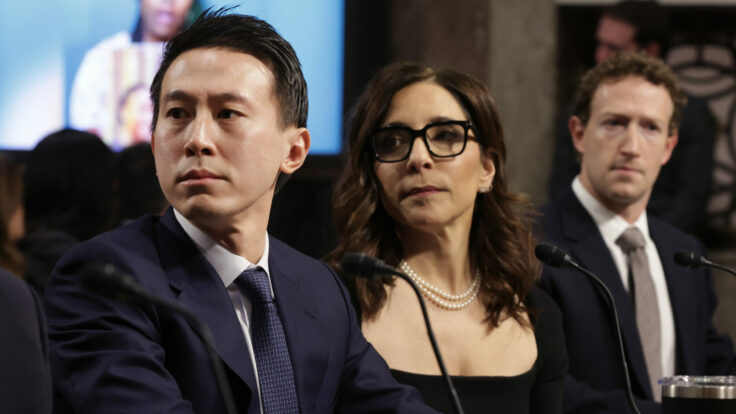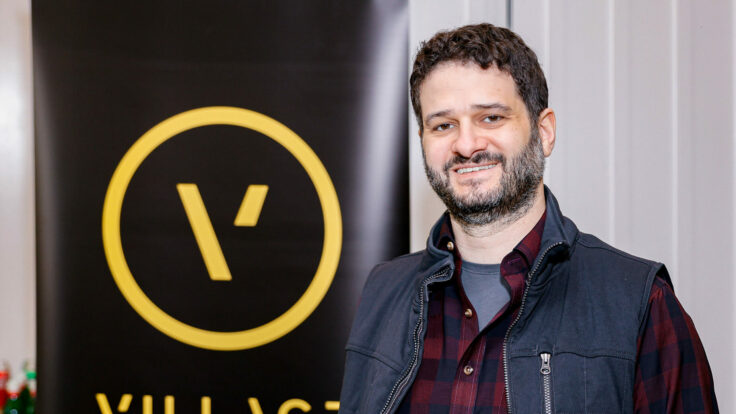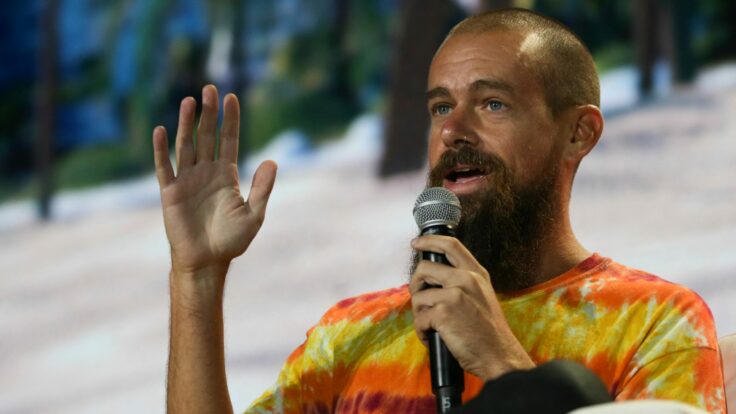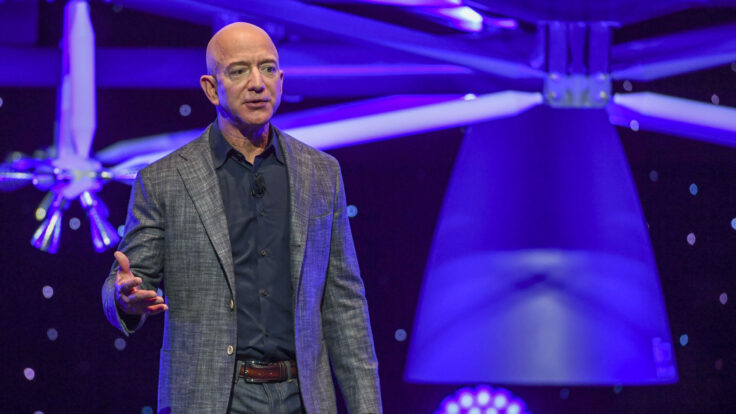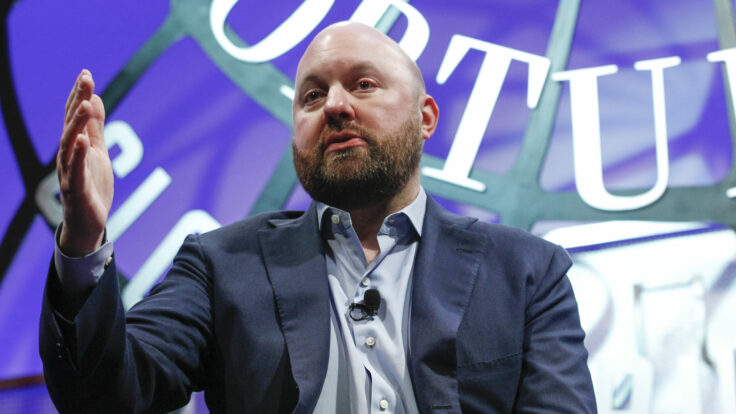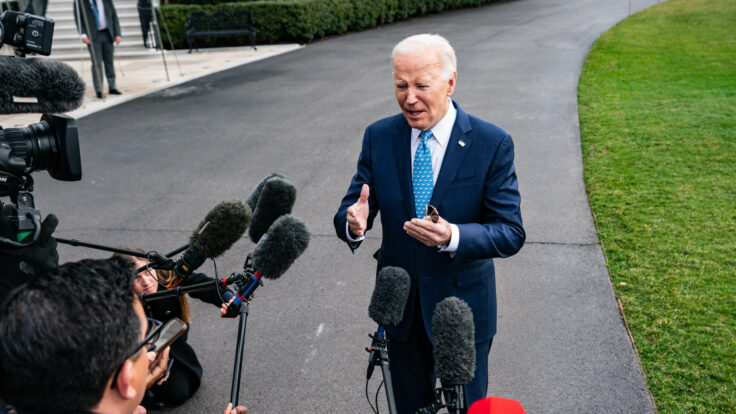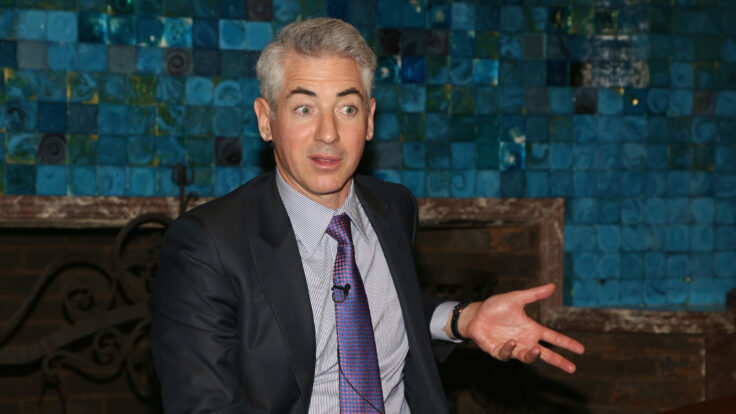“We’re moving towards a vision for the future,” Mark Zuckerberg told me on Tuesday afternoon, from his home in Palo Alto. It was weeks after the leaked documents by a former Facebook employee, Frances Haugen, had manifested themselves into The Wall Street Journal’s epic, Pulitzer-hopeful series, The Facebook Files, accusing the social media giant of threatening democracy, endangering teen girls, and essentially laughing all the way to the bank as it ignored the societal ills left in its wake. And it was just days since a consortium of journalistic outlets had leveraged the remains of Haugen’s documents to publish a semi-coordinated series of articles, The Facebook Papers, castigating the company for not doing enough to rein in its platform.
Facebook’s stock had stumbled, and it faced one of the largest public outcries of its life as a public company—reminiscent of 2016, Cambridge Analytica, the Russian misinformation campaigns, and even the Myanmar crisis. And yet here was Zuckerberg, essentially floating above it all, articulating the course for his company’s future, coalescing around the next phase of the Internet: the post-web, post-mobile, virtual and augmented reality matrix known as the metaverse. “Facebook is going to continue to be the brand for what, I think, is the most-used app in the world, so that’s going to continue being an important brand for the company,” he said. “But for me on a personal level, this feels like we’re running toward something that we’re excited about.”










